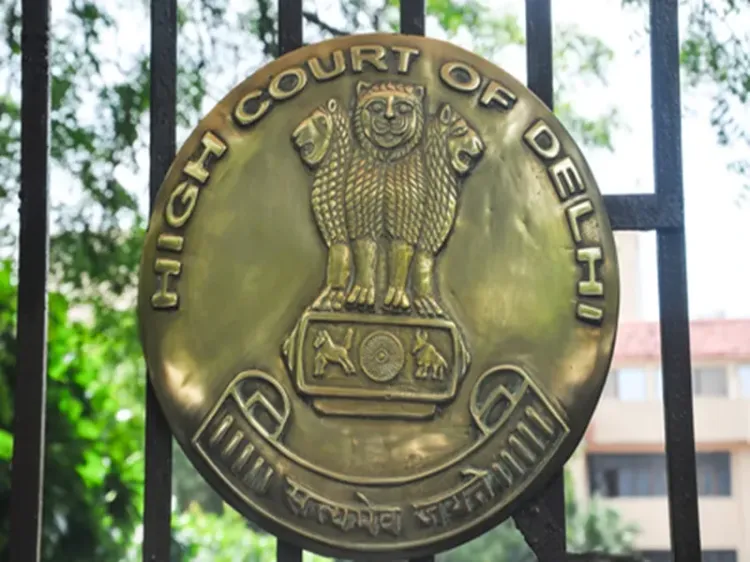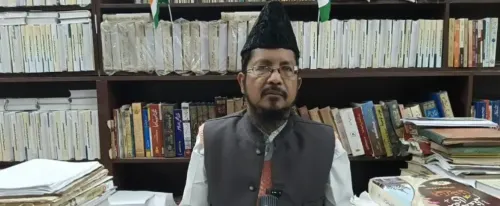Why Did the Delhi HC Reject the Rent Recovery Suit Transfer?

Synopsis
Key Takeaways
- Delhi High Court dismisses baseless petition.
- Cost of Rs 50,000 imposed on petitioners.
- Judicial integrity upheld in the ruling.
- Petition described as 'figment of imagination.'
- Importance of substantiating claims in court.
New Delhi, Oct 3 (NationPress) The Delhi High Court has rejected a petition aimed at transferring a rent recovery suit from the Tis Hazari Court, labeling the request as “a product of fertile imagination” and imposing a penalty of Rs 50,000 on the petitioners.
A single-judge Bench presided over by Justice Saurabh Banerjee was addressing a petition that sought to shift the suit concerning the recovery of rent, mesne profits, and damages from Commercial Court-01, Tis Hazari, to another competent court within the same district.
The petitioners claimed bias on part of the trial judge, alleging that he had “reportedly interacted in a cordial manner” with one of the individuals present in the court, who was connected to the respondents.
However, Justice Banerjee found these claims to be unfounded, stating that “the present petition is grounded in mere whims and fancies.”
“The current petition is merely a construction of the petitioners' imagination with unsubstantiated claims,” added the Delhi High Court.
In the ruling, Justice Banerjee pointed out that the petitioners had actively engaged in the trial court proceedings, including appearing in person on several occasions and submitting their written statements, statements of truth, admissions, and affidavits.
The Delhi High Court also noted that a similar petition for transfer had been filed previously before the Principal District and Sessions Judge but was later withdrawn; nevertheless, “the petitioners failed to include this information in their current petition.”
“Interestingly, despite this, the petitioners opted to neither elaborate on these points nor present any documentation before this Court,” the judge remarked.
“Through this petition, the petitioners are attempting to cast unwarranted, fictitious, and misleading aspersions on a sitting Judge... which is at odds with the records before this Court and lacks any supporting evidence,” observed Justice Banerjee.
Finding no merit in the case, the Delhi High Court dismissed the petition and instructed the petitioners to contribute Rs 50,000 to the Delhi High Court Bar Association Lawyers Social Security and Welfare Fund.
“This Court firmly protests against the filing of such a petition, especially one that fabricates an imaginary narrative,” stated the order.









